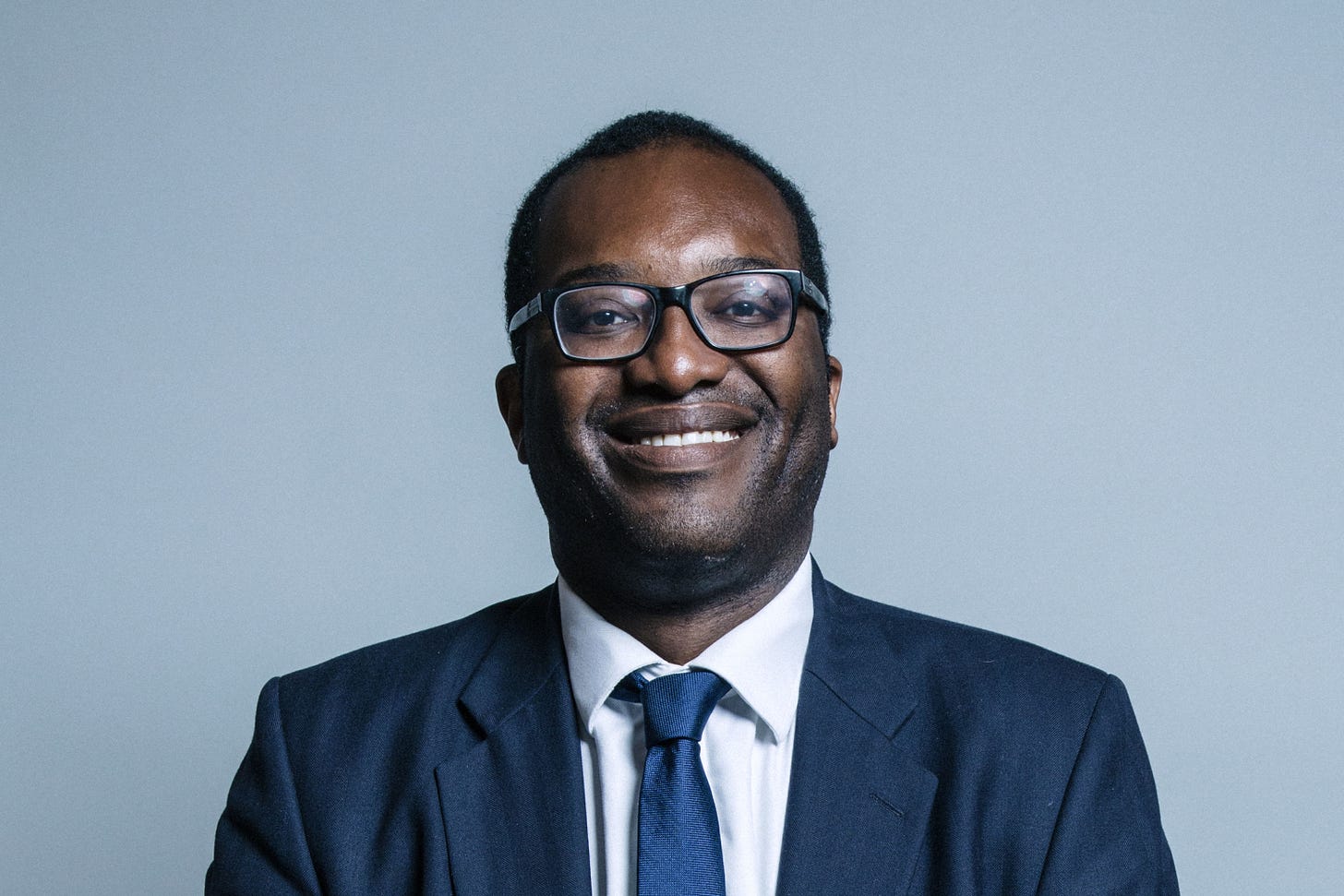🔅 Mozambique's extremist violence spreads
1 million people have fled Islamic extremist insurgency
In today’s issue, Ethiopia is running out of foreign reserves, Zimbabwe is consulting on how to repay its debts, and Kwasi Kwarteng becomes the second-shortest-serving UK chancellor since 1945…
Markets - Year to Date
🔺 Nigerian SE: 47,569.04 (+11.36%)
🔻 Johannesburg SE: 64,271.36 (-12.80%)
🔻 Ghana SE: 2,460.44 (-11.79%)
🔻 Nairobi SE: 129.90 (-21.96%)
🔻 US S&P 500: 3,583.07 (-25.30%)
🔻 Shanghai Composite: 3,071.99 (-15.43%)
*Data accurate as of close of markets across the continent
Ethiopia has ordered banks to deny foreign currency to businesses importing non-priority goods in an effort to shore up the country's dwindling foreign reserves. The move effectively halts the import of dozens of items, including alcohol and automobiles, because businesses must register with banks in order to obtain the foreign currency required to bring goods into the country.
SECURITY
Mozambique’s extremist violence spreads
Nearly 1 million people have fled the Islamic extremist insurgency in northern Mozambique, and over 4,000 people have been killed in Cabo Delgado province's 5-year wave of jihadi violence.
However, President Filipe Nyusi assured international investors and energy executives at the Mozambique Energy and Gas Summit in Maputo last month to resume work on their stalled liquefied natural gas projects. The $60 billion liquefied natural gas projects led by TotalEnergies and ExxonMobil of France were halted last year after insurgents briefly captured the neighbouring town of Palma in March.
According to officials, Mozambique's army and police forces, assisted by troops from Rwanda and a regional force from the Southern African Development Community, have succeeded in containing the extremist rebels.
Despite a large number of Mozambican and Rwandan soldiers, attacks continue, and for the first time this month, the rebels expanded their violence to the neighbouring Nampula province.
Those who return to their old homes are met with a mixed bag of circumstances. Although economic life is returning, basic infrastructure and public services remain in short supply. Few schools are open, and health services are scarce.
ACROSS THE CONTINENT
Other Headlines
🇿🇼 Zimbabwe is consulting with the World Bank and the International Monetary Fund on how to repay its debts to international financial institutions, according to finance minister Mthuli Ncube. He said that Zimbabwe had begun issuing bonds with maturities ranging from two to twenty years to repay its creditors and was investigating how they could be traded, as well as issuing bonds to compensate former white farmers. Zimbabwe, which has experienced hyperinflation over the last 15 years, owes more than $10 billion in external debt. It has not received funding from lenders such as the IMF and World Bank for more than two decades.
🇺🇬 Two districts in Uganda have been placed under lockdown for three weeks as the country battles an ebola outbreak. Bars, nightclubs, places of worship, and entertainment venues in Mubende and neighbouring Kassanda will be closed, and a curfew will be imposed. The move represents a U-turn for Ugandan President Yoweri Museveni, who previously stated that such measures were unnecessary. 58 ebola cases and 19 deaths have been reported so far. The president had already directed police to arrest anyone suspected of being infected with the virus who refused to be isolated. He has also prohibited traditional healers from attempting to handle cases.
🇧🇫 Burkina Faso's military officials, political parties, and civil society leaders formally designated army captain Ibrahim Traore as the country's interim president on Friday, two weeks after he seized power in the country's second coup this year. Around 300 delegates are meeting in the capital, Ouagadougou, over two days to outline plans to return the West African country to constitutional rule. Frustration with rising insecurity prompted two coups in Burkina Faso this year and two in Mali since 2020.
AROUND THE WORLD
Liz Truss’ U-Turn
Liz Truss, the UK prime minister, described sacking her chancellor, Kwasi Kwarteng, and scrapping a major economic policy after only 39 days as difficult.
The sacking has made Kwarteng the second-shortest-serving leader in that role since 1945.
Following the news conference, some members of her party called for the prime minister to resign. Opposition parties have called for a general election. Still, Ms Truss has ruled one out until 2024, and the opposition would have difficulty triggering one given the government's large majority in Parliament.
The announcement is the second major U-turn on the mini-budget, following Ms Truss's cancellation of her plan to eliminate the top income tax rate earlier this month.
Following her statement, Ms Truss fielded questions from four journalists, all of whom inquired as to why she had not resigned alongside Mr Kwarteng.
Ms Truss, who has been in office for 39 days, won the Conservative Party leadership last month after promising to cut taxes and deregulate the economy in order to boost Britain's economy.
Mr Kwarteng unveiled a mini-budget on September 23 to deliver the prime minister's vision, announcing the most extensive package of tax cuts in decades.
FOOD FOR THOUGHT
Proverb of the Day
"It is better to be poor when one is young, rather than becoming poor at old age."
— Kenyan Proverb.






